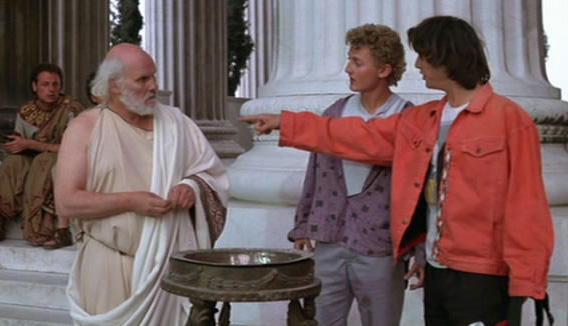169 Pinckney Street, Chester SC 29706, tel. (864) 365-8146 | henrybemisbookseller@gmail.com | Online sales; onsite visits by appointment
Wednesday, March 9, 2016
Were there lots of different kinds of atheism when there were of different kinds of gods? A new book explores the turf.
...Whitmarsh, who is primarily a Greek literature specialist, spends much more time with the Greeks than the Romans, and treats Greek religion more sympathetically. But he has a big and provocative story to sketch once he reaches the world of the emperors. He makes a connection between the disparate, scattered world of the Greek city states and Greek polytheism, which was more a set of local cults than a centralised religious system. With the centralising power of Rome, religion also became more centralised and politicised – as did, Whitmarsh argues, atheism.
Since the Romans tended to equate the success of their own empire with divine providence, scepticism about Rome and scepticism about the gods now went together. (Scepticism about the gods was good, it provided a sphere for political dissent for people who wanted to criticise Rome implicitly.) But the “dream” of being able to “imagine the possibility of a world that had left religions behind” lasted for only two or three hundred years. As the Roman empire became increasingly difficult to govern, there was a strong motive for those in power to find an ideological force that could hold the people under imperial control. Christianity proved particularly useful for this purpose.
The Theodosian code was instituted in the fifth century CE, and represented a vast shift away from the old model of Graeco-Roman polytheism. Now, religion was not an infinitely expandable series of cults dedicated to multiple different divinities; all doubt was heresy, and all beliefs except Nicene Christianity were punishable by death. As Whitmarsh insists, individuals probably continued to have doubts about religion throughout late antiquity and the middle ages; but “they were invisible to dominant society and so have left no trace in the historical record”...
Subscribe to:
Post Comments (Atom)

No comments:
Post a Comment
We enjoy hearing from visitors! Please leave your questions, thoughts, wish lists, or whatever else is on your mind.